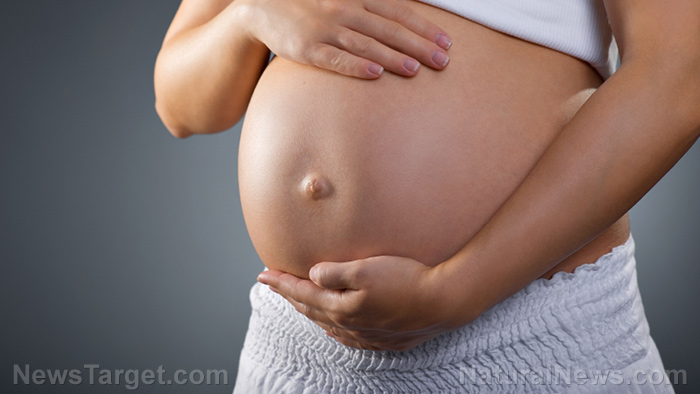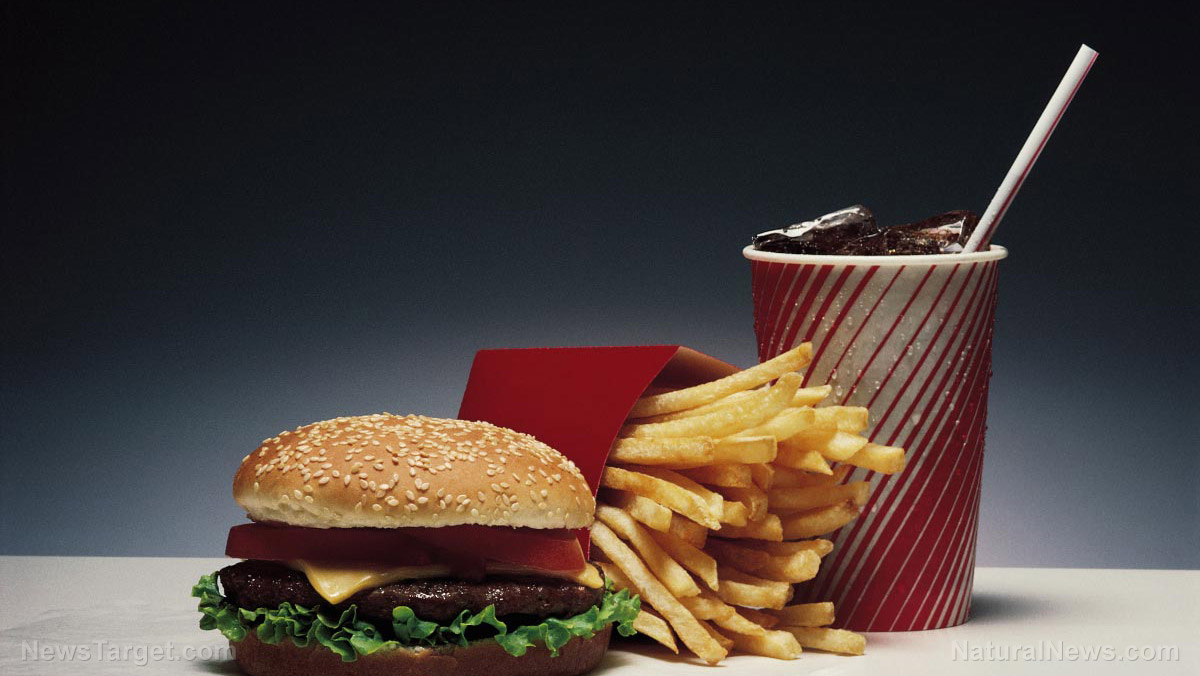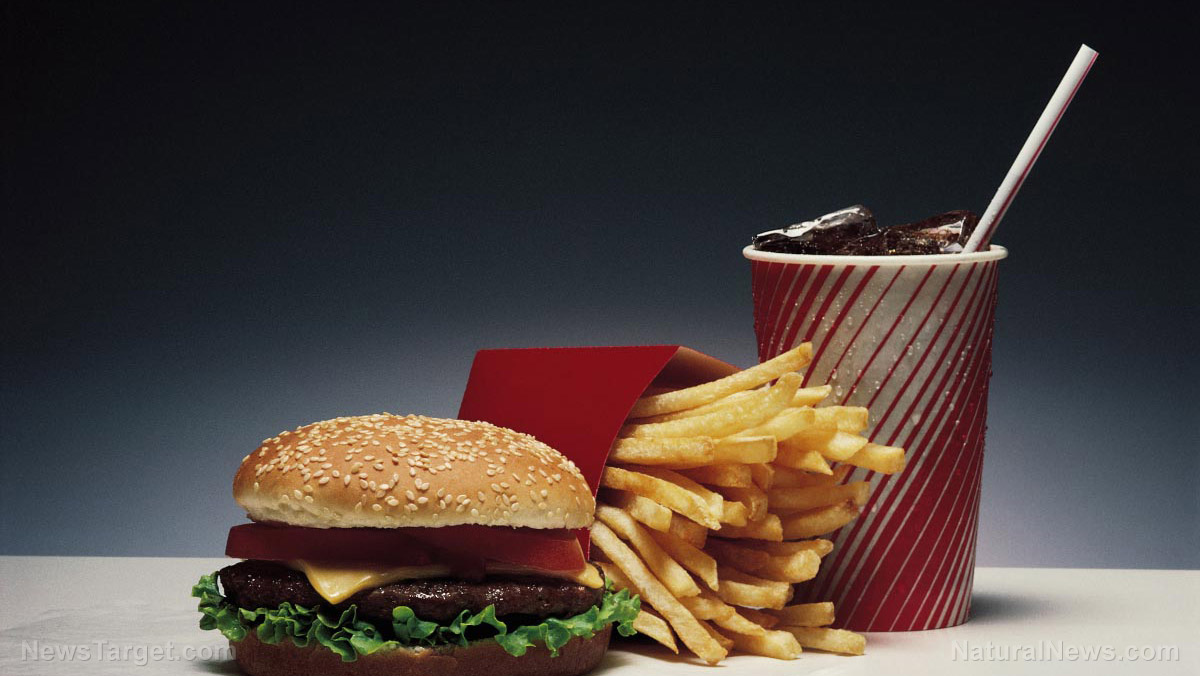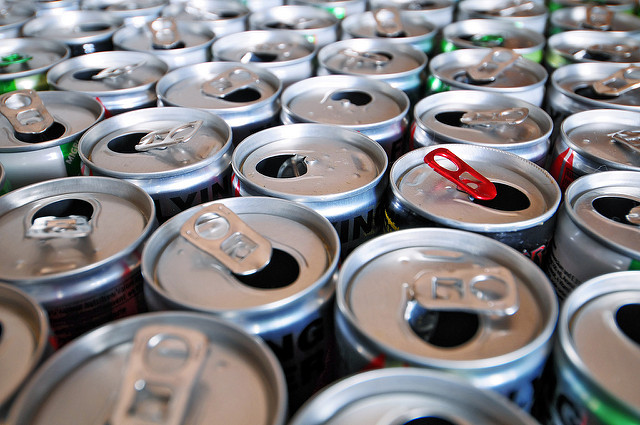Exposure to high caffeine levels in the womb can increase a child’s risk of excess weight, researchers find
01/14/2019 / By Ellaine Castillo

Most mothers would do anything to make sure that their children get to enjoy healthy lives once they’re born. According to a recent study published in BMJ Open, one of the ways mothers can ensure their child’s health is by reducing their caffeine intake during pregnancy. This is because moderate to high caffeine levels in the body increase the risk of excessive weight gain during early childhood.
Caffeine is a widely used stimulant found in coffee, soda, energy drinks, and even tea. According to the U.S. Food and Drug Administration (FDA), an average American consumes approximately 300 milligrams of caffeine per day, which is equivalent to almost four cups of coffee. There are many health benefits associated with caffeine, such as reduced cancer risk, better memory, and protection against cardiovascular diseases. But — as many people say — too much of anything is bad for you. Excessive caffeine intake has been associated with many health problems, including sleep disorders, rapid heartbeat, upset stomach, irritability, nervousness, and restlessness.
Effects of fetal exposure to caffeine on child health
Expectant mothers should be more careful about getting their daily cup of joe since even unborn children aren’t safe from the harmful effects of caffeine. This is because caffeine is easily absorbed into the placenta where it is then acquired by the fetus, which does not have the necessary enzymes to metabolize this compound. Previous studies have shown that a daily intake of 300 mg of caffeine during pregnancy leads to limited growth and low birth weight babies. These consequently increase the risk of early death and chronic diseases in adulthood. Moreover, caffeine intake makes it more possible for a miscarriage to occur.
Recently, researchers from various institutions in Europe found that caffeine intake during pregnancy also contributes to excess weight gain during childhood. This was determined through an observational study involving 51,000 mother and infant pairs in Norway. Through a food frequency questionnaire, the team found that 44 percent of expecting mothers had moderate caffeine intake (50-199 mg) while seven and three percent have high (200-299 mg) and very high caffeine intake (300 mg and above), respectively. The sources of caffeine considered in this study included coffee, black tea, caffeinated soft/energy drinks, chocolate, chocolate milk, sandwich spreads, desserts, cakes, and sweets. The researchers proceeded to measure the weight, height, and body length of the children at 11 different time points, starting from when they were only six weeks old until they reached eight years old. Results showed that average, high, and very high caffeine intake increased the risk of excess weight by 15, 30, and 66 percent respectively.
Based on these results, the researchers concluded that moderate to high caffeine intake during pregnancy leads to excess weight gain and possibly obesity during childhood. This supports the existing advice that expectant mothers should reduce or completely avoid caffeine. (Related: Researchers conclude that drinking soda during pregnancy causes obesity in offspring.)
Other foods to avoid during pregnancy
Since expecting mothers are eating for someone other than themselves, they have to be extra careful of what they’re eating. Even foods that are normally safe can cause health problems for unborn babies. Some examples of foods that should be avoided during pregnancy include the following:
- Smoked seafood
- Raw shellfish
- Undercooked eggs
- Deli meats
- Unpasteurized milk
- Soft cheeses
- Unwashed fruits and vegetables
- Canned foods
For more articles on the harmful effects of excessive caffeine consumption, visit Food.news.
Sources include:
Tagged Under: caffeine, caffeine intake, child health, childhood obesity, coffee, disease causes, energy drinks, excess weight, Harmful ingredients, pregnancy, slender, soda, weight, women's health



















